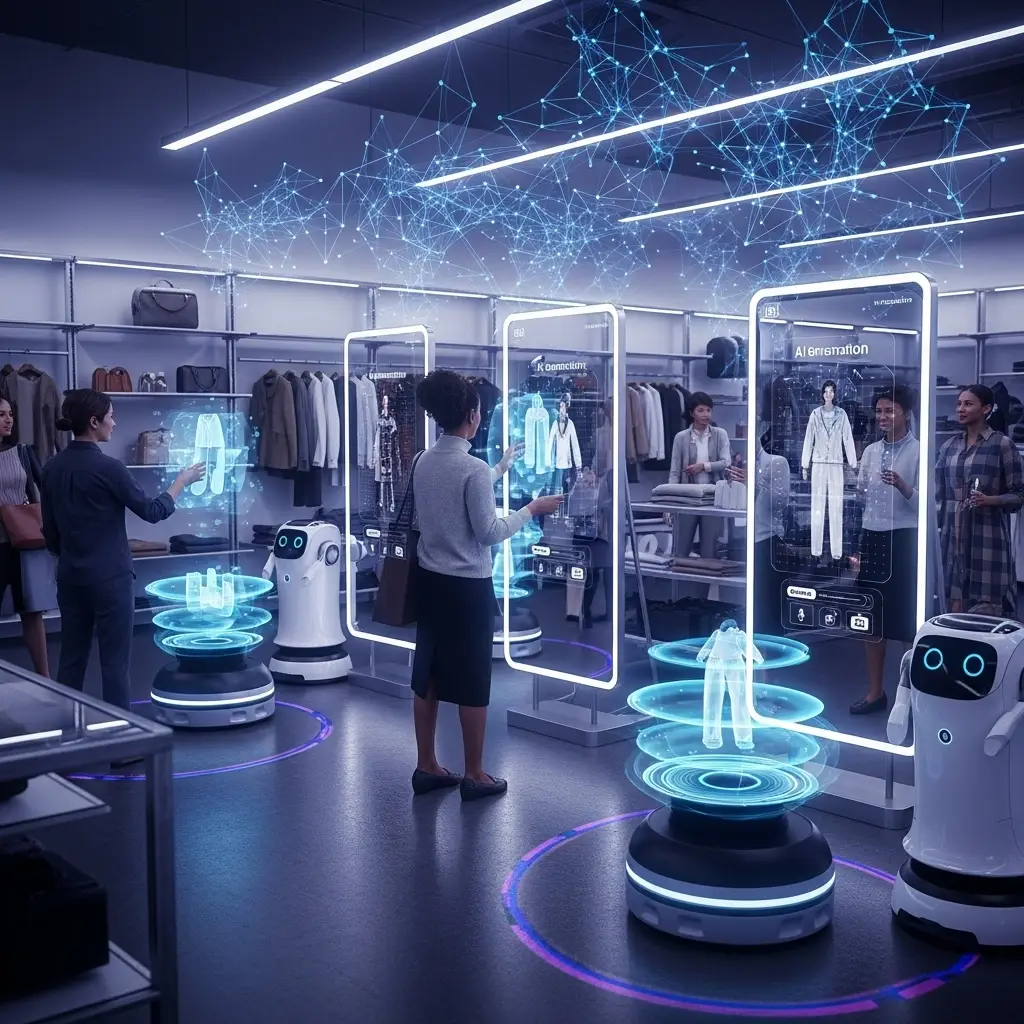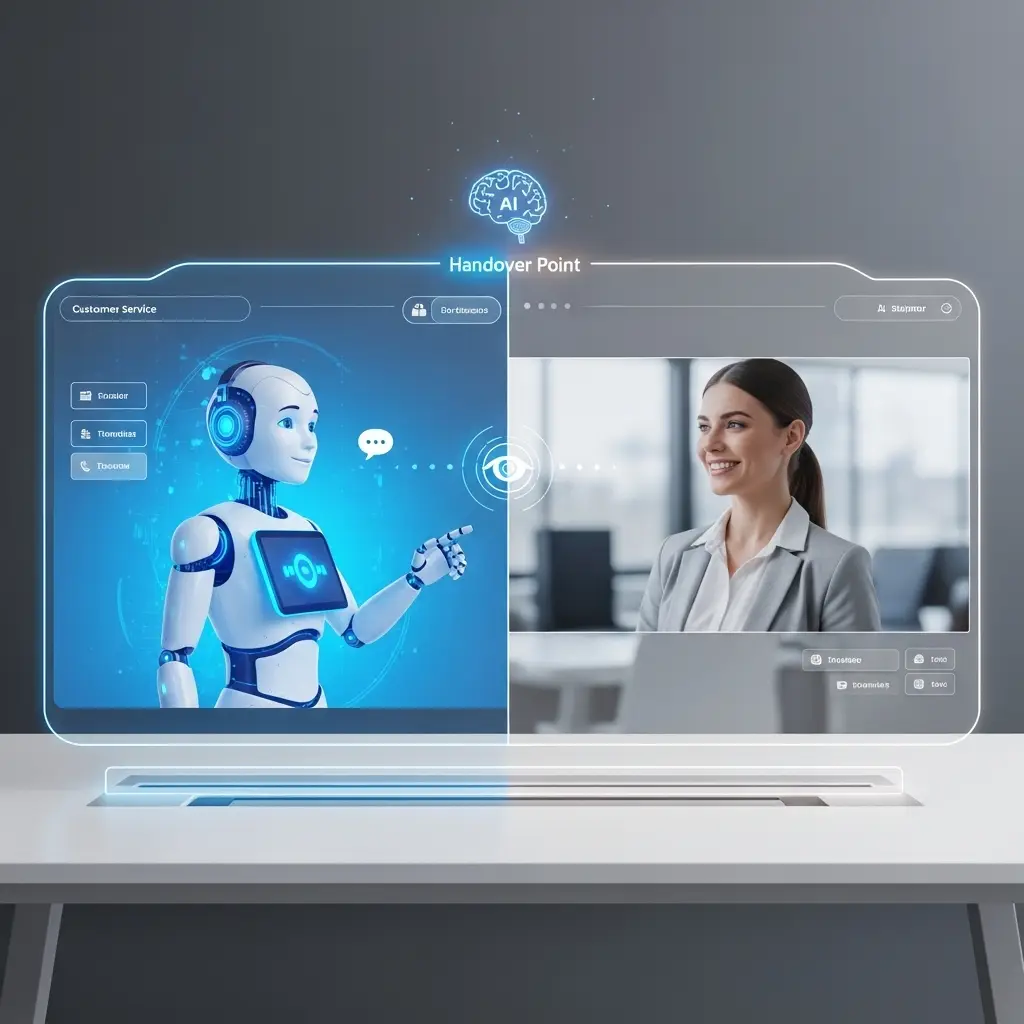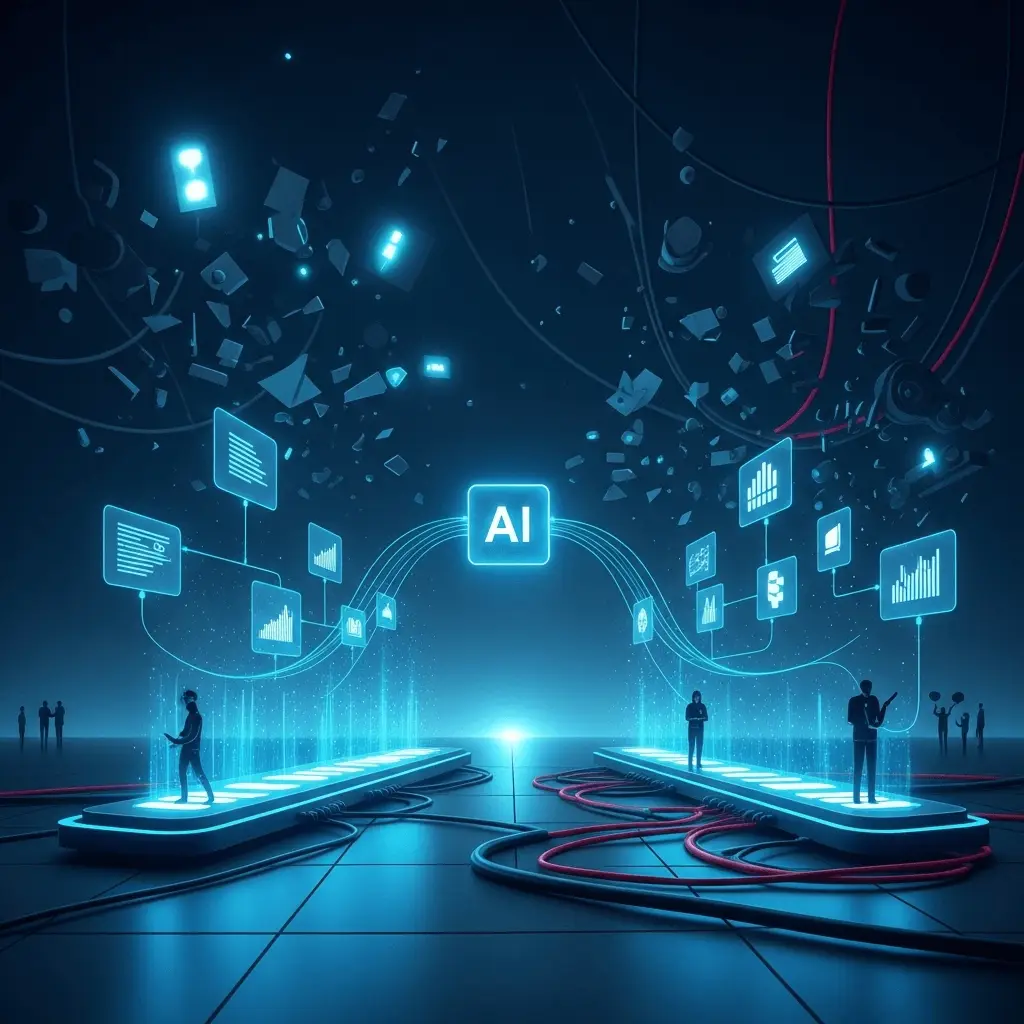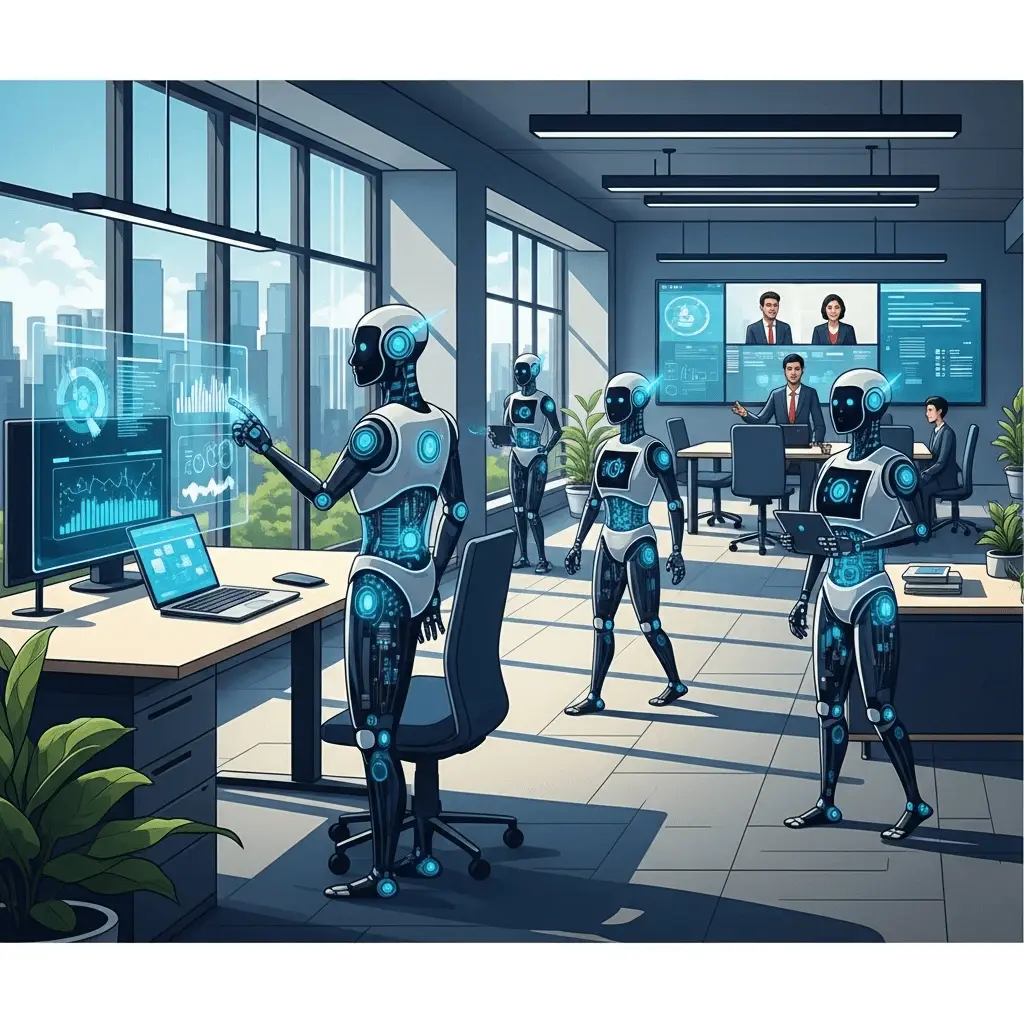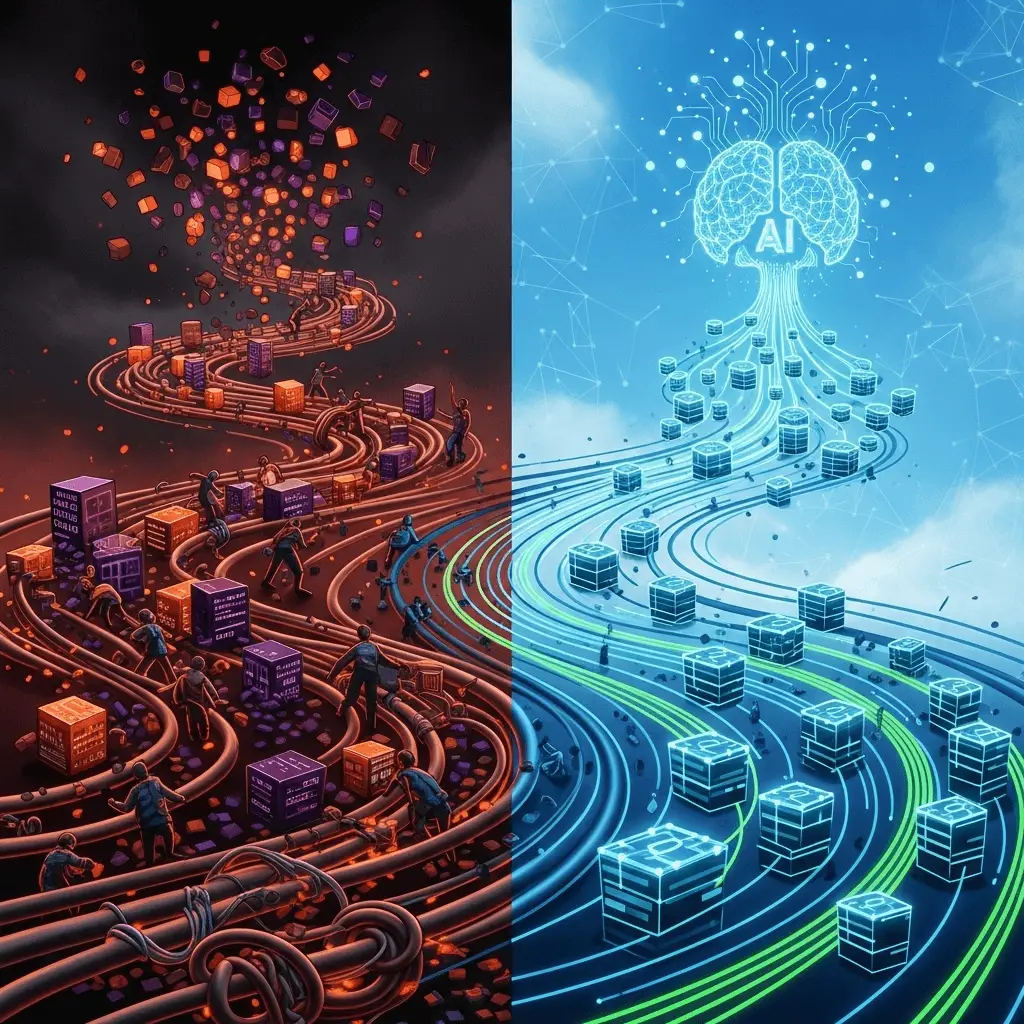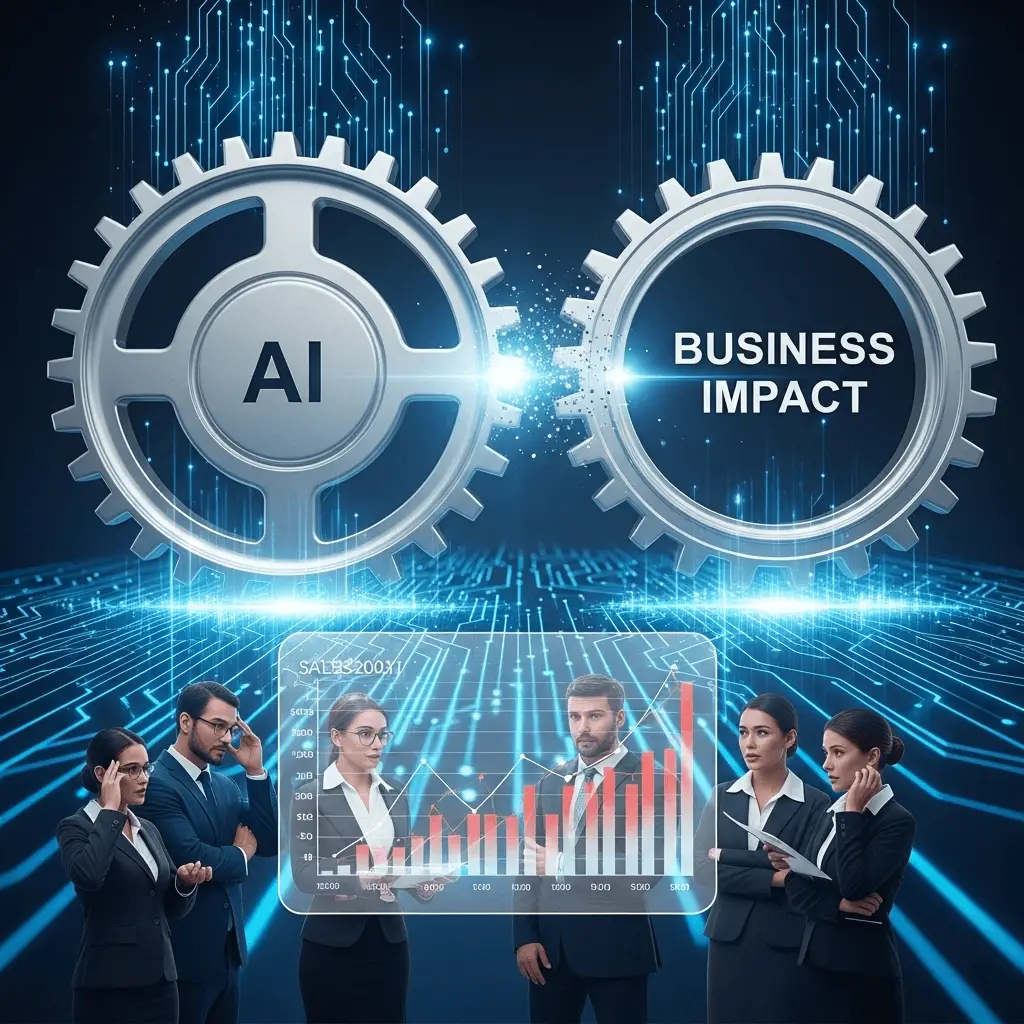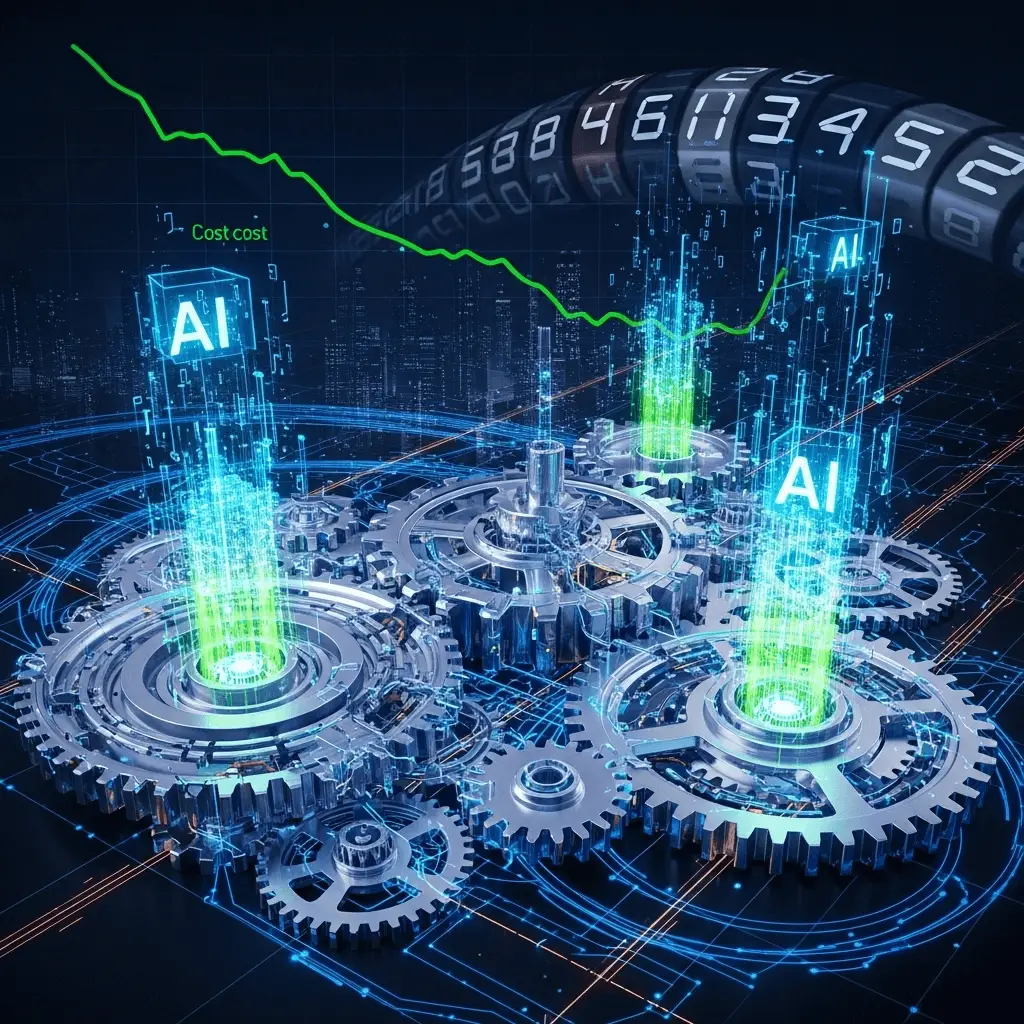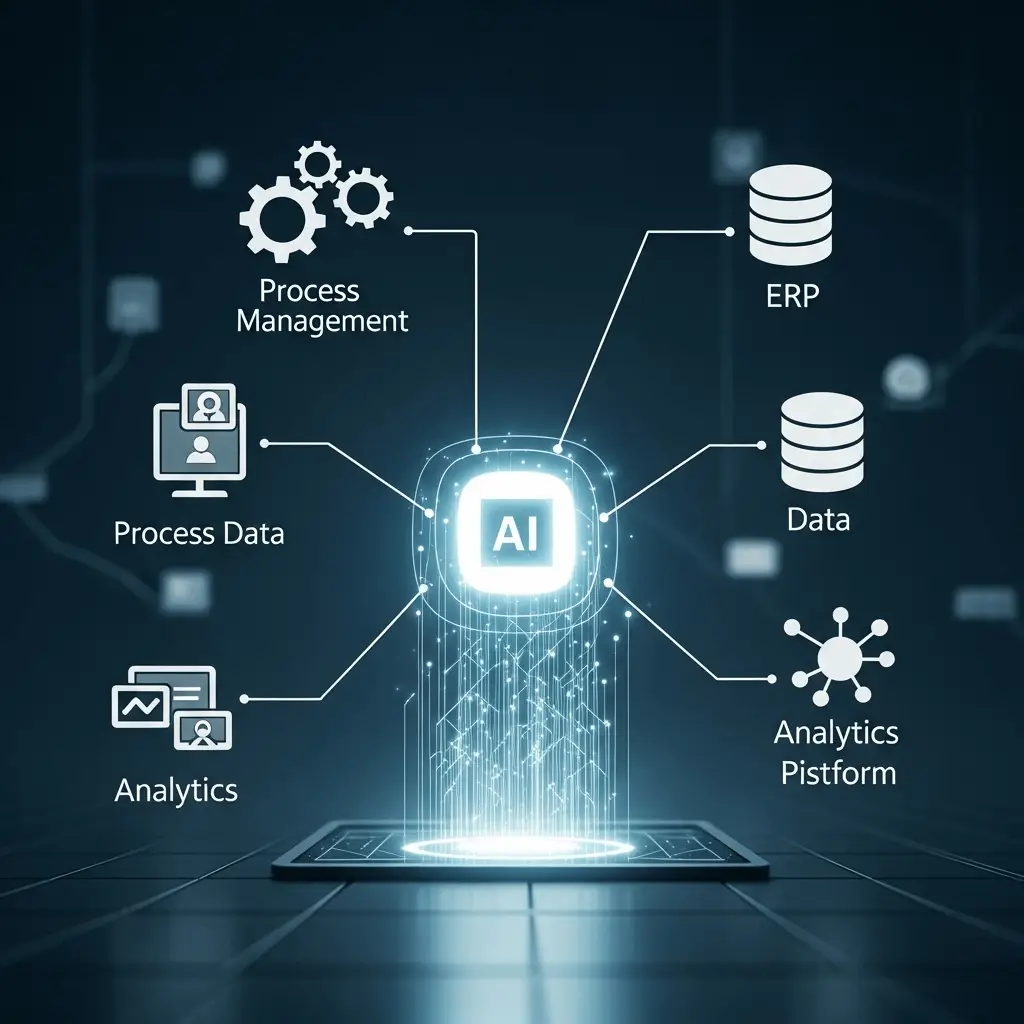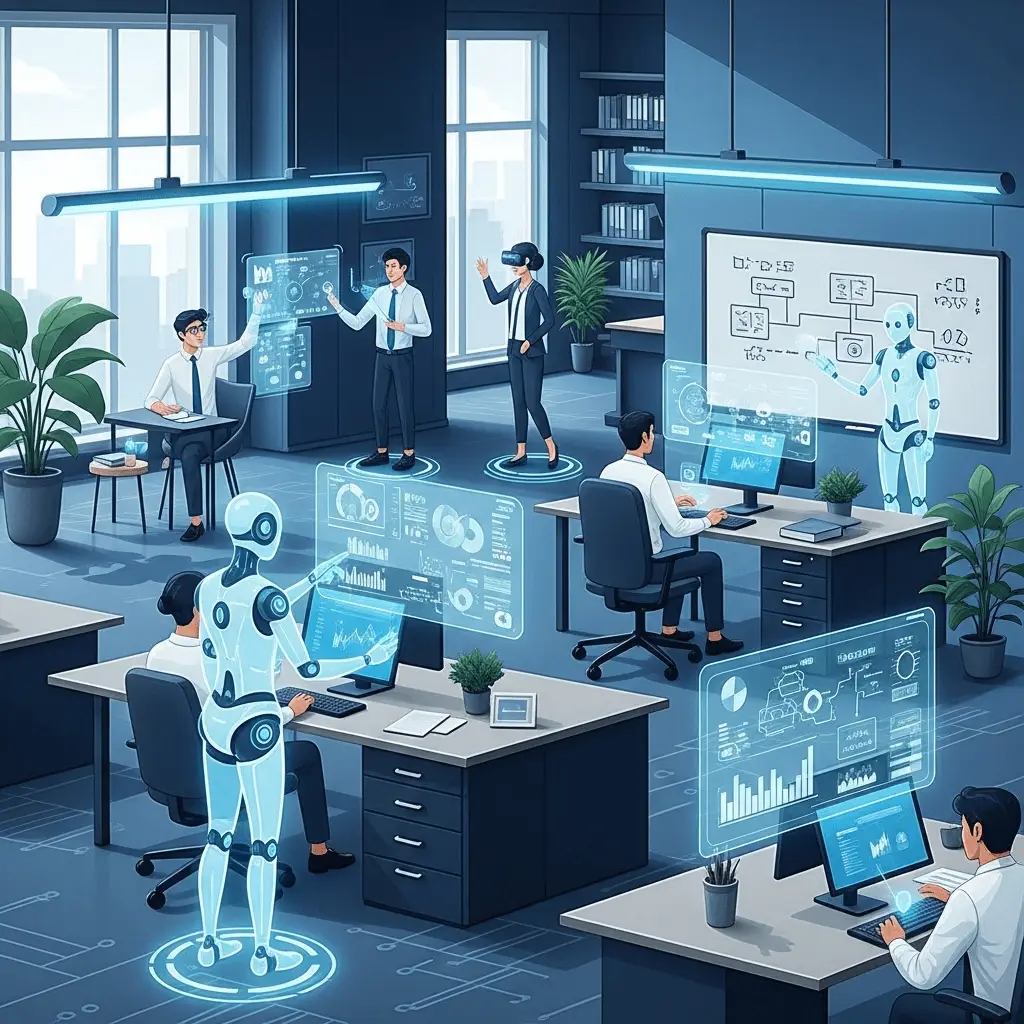Revolutionizing Retail: Top Generative AI Use Cases & Future Trends for 2025

The Generative AI Revolution in Retail: Beyond the Hype
The retail landscape is constantly evolving, driven by shifting consumer demands and technological advancements. Among the most impactful innovations currently reshaping the industry is Generative Artificial Intelligence (GenAI). Far from being just a buzzword, GenAI is poised to fundamentally transform how retailers operate, interact with customers, and even design products by 2025.
Generative AI refers to a class of artificial intelligence models capable of producing novel content, such as text, images, audio, and even code, based on patterns learned from vast datasets. For retailers, this translates into unprecedented opportunities for personalization, efficiency, and innovation.
Key Generative AI Use Cases Transforming Retail
The applications of GenAI in retail are incredibly diverse, touching almost every facet of the business:
1. Hyper-Personalized Customer Experiences
- Dynamic Product Recommendations: Moving beyond simple collaborative filtering, GenAI can create unique product suggestions tailored to individual preferences, mood, and even real-time context.
- Virtual Try-Ons & Styling: AI-powered tools allow customers to virtually try on clothes, visualize furniture in their homes, or test makeup shades, leading to higher confidence in purchases and reduced returns.
- Conversational AI & Personal Shoppers: Advanced chatbots and virtual assistants can provide human-like customer service, answer complex queries, guide shopping journeys, and act as personalized stylists or concierges, available 24/7.
2. Enhanced Product Design & Merchandising
- AI-Generated Designs: From apparel patterns to unique product concepts, GenAI can assist designers by generating new ideas based on current trends, brand aesthetics, and material constraints, significantly accelerating the design process.
- Automated Product Content Creation: GenAI can write compelling product descriptions, generate diverse marketing copy, and even create synthetic product images or videos, saving time and resources.
- Trend Forecasting & Merchandising: By analyzing vast amounts of data—social media, fashion blogs, sales figures—GenAI can predict future trends with greater accuracy, informing inventory planning and merchandising strategies.
3. Optimized Supply Chain & Operations
- Predictive Demand Forecasting: GenAI models can process complex variables (weather, social media sentiment, local events) to predict demand with higher precision, minimizing stockouts and overstocking.
- Inventory Management: Dynamic inventory optimization based on real-time data and predictive analytics ensures the right products are in the right place at the right time.
- Logistics & Route Optimization: AI can continuously refine delivery routes, warehouse layouts, and distribution networks for maximum efficiency and cost savings.
4. Marketing & Content Generation at Scale
- Personalized Marketing Campaigns: GenAI can craft tailored ad copy, email content, and social media posts for different customer segments, dramatically increasing engagement rates.
- A/B Testing & Optimization: AI can rapidly generate multiple variations of marketing assets and identify the most effective ones, continuously improving campaign performance.
Benefits for Retailers
Adopting Generative AI can unlock significant advantages for retailers:
- Increased Revenue: Through better personalization, reduced returns, and optimized marketing.
- Improved Efficiency: Automating content creation, forecasting, and customer service.
- Enhanced Customer Loyalty: Delivering seamless, highly relevant, and engaging experiences.
- Faster Innovation Cycles: Accelerating product design and market response times.
- Cost Reduction: Optimizing operations, supply chain, and marketing spend.
Challenges and Considerations for Generative AI Adoption
While the opportunities are immense, adopting Generative AI in retail comes with its own set of challenges that need careful navigation:
- Data Privacy and Security: GenAI models require vast amounts of data, often including sensitive customer information. Ensuring compliance with regulations like GDPR and CCPA, maintaining data security, and safeguarding customer trust are paramount. Retailers must implement robust data governance policies and anonymization techniques.
- Ethical AI and Bias: Generative models can inadvertently perpetuate biases present in their training data, leading to discriminatory outcomes in recommendations or content. Retailers must actively audit their models for fairness and implement responsible AI practices.
- Integration Complexity: Integrating new GenAI solutions with existing legacy systems, data silos, and operational workflows can be complex and costly. A phased approach and scalable infrastructure are often necessary.
- Cost of Implementation and Maintenance: Developing or licensing advanced GenAI solutions, along with the necessary computing power and talent, represents a significant investment. Ongoing maintenance and updates also contribute to the total cost of ownership.
- Talent Gap: There’s a high demand for skilled AI engineers, data scientists, and ethicists who can develop, deploy, and manage GenAI applications. Retailers may struggle to find and retain this specialized talent.
- Model Explainability: Understanding why an AI model makes a particular recommendation or generates specific content can be challenging. For regulatory compliance and trust, retailers often need to ensure a degree of transparency in their AI’s decision-making process.
The Future is Now: Preparing for 2025
Generative AI is not a distant future technology; it’s here now, actively shaping the retail landscape. Retailers who embrace these powerful tools thoughtfully, addressing both the opportunities and the challenges, will be best positioned to thrive in an increasingly competitive and customer-centric market. The journey to a fully AI-powered retail experience is just beginning, promising a more efficient, personalized, and engaging future for everyone.


